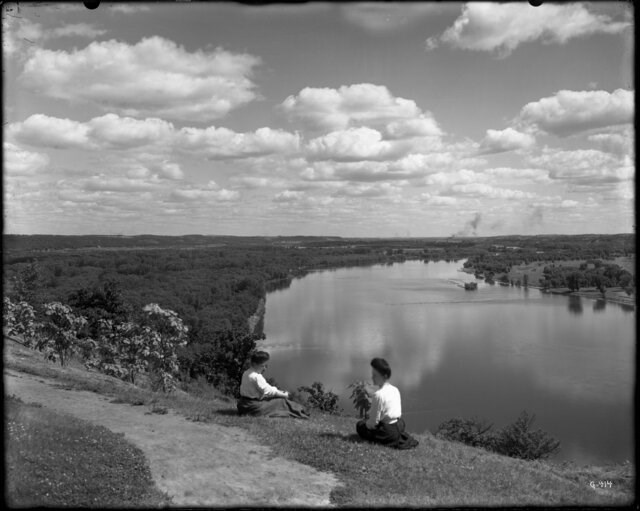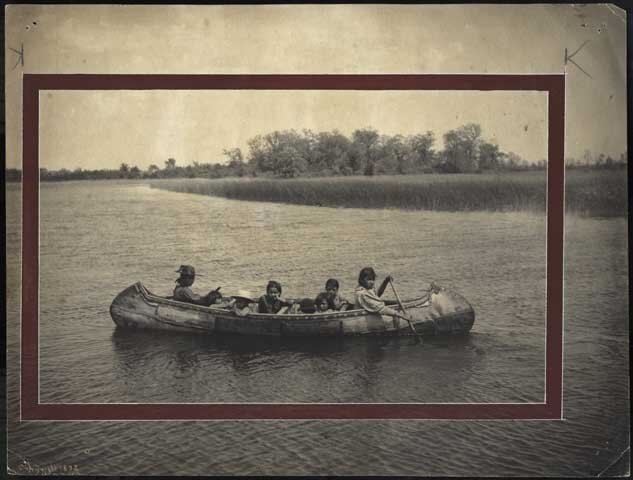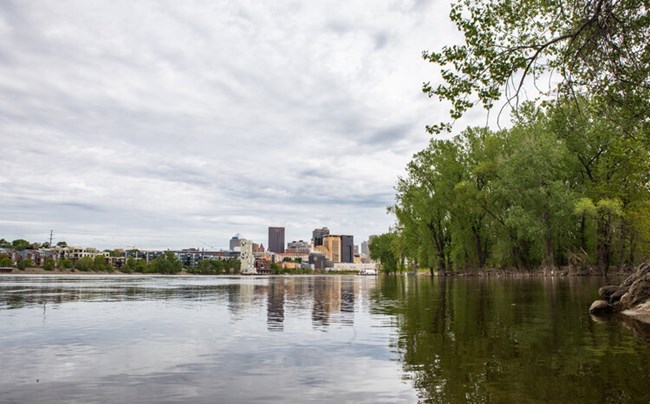
Minnesota Historical Society The centennial anniversary of the 19th Amendment marks a historic moment for the United States. As such, this project aims to celebrate the voices of women and recognize their struggles and successes in protecting the Mississippi River. The narratives included in this project are only a small sample of the incredible people who have helped shape the Twin Cities Mississippi River corridor into what it is today. A special thanks to the dozens of volunteers who researched, interviewed when possible, and wrote these stories. The Women of the Mississippi River project would not be possible without them. At the beginning of 2020, the National Park Service made a call to highlight women’s influence on parks in celebration of the centennial anniversary of the 19th Amendment. Women of the Mississippi is our answer to that call. It is a collection of stories of historical and contemporary women who contributed immensely to the park homed in Minnesota -- The Mississippi National River and Recreation Area. The narratives included in the Women of the Mississippi project add to our collective knowledge about who has influenced this stretch of the Mississippi River over time and are important when discussing women’s history in the United States, especially because their narratives have often been left untold and many lack acknowledgement for their accomplishments. 
Minnesota Historical Society A century ago, some of the first women to cast their vote in the United States did so in South St. Paul – an important milestone for Minnesota history. However, the ratification of the 19th Amendment did not mean victory for all. After years of activism, it was mostly White women who gained access to the vote after the 19th amendment. As we mark the centennial anniversary of the 19th amendment, we recognize that adding narratives from non-white women is especially important to the dialogue surrounding the centennial celebration.When Tennessee became the 36th state to ratify the 19th Amendment in August of 1920, accomplishing the adoption of the amendment, Indigenous and African-American, in addition to other minority women, had years of battle ahead of them before they could cast a vote too. Not only did de jure discrimination and racism disenfranchise minority women, states also used physical violence to further hinder them once they obtained the legal right to vote. 
Mississippi Park Connection Kristy Ornelas, Americorps VISTA service member, Mississippi Park Connection Women of the Mississippi River |
Last updated: February 14, 2023
